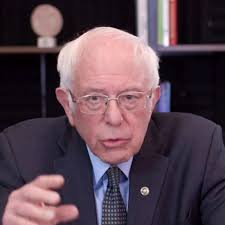Establish a Wall Street speculation fee on credit default swaps, derivatives, stock options and futures.
Both the economic crisis and the deficit crisis are a direct result of
the greed and recklessness on Wall Street. Establishing a speculation
fee would reduce gambling on Wall Street, encourage the financial sector
to invest in the productive economy, and significantly reduce the
deficit without harming average Americans. There are a number of
precedents for this. The U.S had a similar Wall Street speculation fee
from 1914 to 1966. The Revenue Act of 1914 levied a 0.2 percent tax on
all sales or transfers of stock. In 1932, Congress more than doubled
that tax to help finance the government during the Great Depression. And
today, England has a financial transaction tax of 0.25 percent, a penny
on every $4 invested.
Making these reforms will not be easy. After all, Wall
Street is clearly the most powerful lobbying force on Capitol Hill. From 1998 through 2008, the financial sector spent over $5 billion
in lobbying and campaign contributions to deregulate Wall Street. More
recently, they spent hundreds of millions more to make the Dodd-Frank
bill as weak as possible, and after its passage, hundreds of millions
more to roll back or dilute the stronger provisions in that
legislation.
Cross-posted from
Reader Supported NewsNext Page 1 | 2
(Note: You can view every article as one long page if you sign up as an Advocate Member, or higher).





